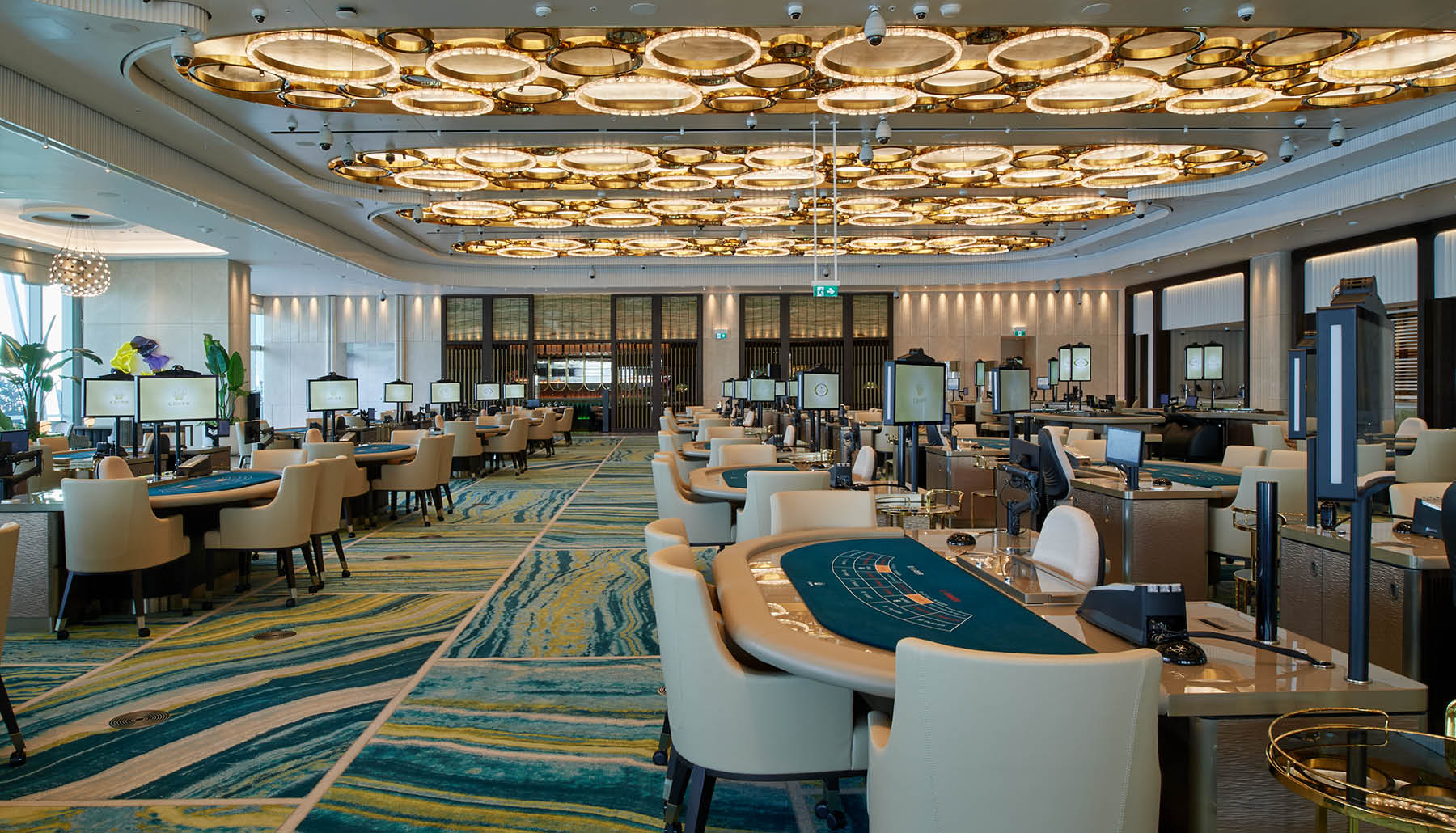Casino slots machines have enthralled players for many years, drawing them into a world of flashing lights, enticing sounds, and the thrill of luck. These machines, often found in colorful gaming venues, combine elements of luck and strategy, making them an exciting option for newcomers and seasoned gamblers alike. But what is it that makes these machines so appealing? The answer lies in the intricate psychology at play as individuals engage with these colorful reels.
Regardless of whether it’s the rush of excitement while waiting for the result of a spin or the euphoric feeling of a big win, the emotional response elicited by casino slots is considerable. The crafting of these machines is carefully crafted to activate the brain’s pleasure system, creating an event that can be both exciting and compulsive. Understanding the psychological factors behind engaging with casino slots machines can provide understanding into why so many people are attracted to them and how they affect behavior and decision-making in the gambling environment.
Understanding the Appeal of Slot Machines
Slot machines have a singular capability to captivate players with their colorful visuals and tempting sounds. The bright lights and captivating themes create an appealing atmosphere that draws people in. Each spin of the reels offers the potential of a significant win, igniting a sense of thrill and expectation that keeps players returning for more. This sensuous experience plays a crucial role in the attraction to casino slots games, as it arouses not only the mind but also the emotions.
A significant factor adding to the allure of slot machines is the concept of instant gratification. Unlike other casino games that require skill or strategy, slots offer immediate results with each spin. The rapid pace of the game allows for swift engagement, permitting players to experience the thrill of winning or the discouragement of losing in a matter of seconds. This immediate feedback loop can lead to a profoundly compulsive experience, as players seek the next potential payout while being mesmerized by the game’s perpetual opportunity for thrill.
Moreover, the mindset of jackpot prospect cannot be ignored. The allure of hitting a fortune-altering payout keeps players revisiting, frequently surpassing the odds against winning. Many players find themselves hoping about the potential of striking it rich, fueled by stories of others who have won large. This sense of hope, together with the excitement of the game, creates an compelling lure that defines the world of casino slots and makes them a beloved among gamblers.
The Role of Reinforcement in Gambling
Reinforcement plays a vital role in the psychology of playing casino slots games. When players participate with these machines, they experience various forms of reinforcement that can affect their behavior. Positive reinforcement is particularly impactful; winning, or even the chance of winning, can create a thrill that keeps players coming back for more. The immediate feedback from the reels rotating, coupled with audio cues and visual stimuli, further enhances this rewarding experience, reinforcing the desire to continue playing.
The unpredictability of winning in casino slots games also ties into the concept of intermittent reinforcement. This psychological phenomenon happens when rewards are given out at random intervals, making the expectation of a potential win more exciting. Players may go for long periods without significant wins but are drawn back by recollections of past jackpots or the possibility of future ones. This variability heightens excitement and keeps players anticipating for that upcoming win, entrenching them deeper into the gambling cycle.
Ultimately, the social aspect of playing casino slots games can amplify reinforcement. Numerous participants enjoy the communal atmosphere of a casino, where they might observe others achieving victories, celebrate wins, or even sympathize over losses. This communal support can create a shared experience that encourages repeated play. Players might feel motivated to continue not only for individual benefits but also to experience the fellowship that comes with gambling, reinforcing their connection to the game.
The Impact of Game Design on Gamer Actions
The design of slot machines plays a critical role in guiding how players act and improving the gaming experience. Elements such as visuals, audio, and storylines are deliberately crafted to attract players and maintain them engaged. Vivid hues and inviting animations create a aesthetically stimulating environment that can lead to prolonged play sessions. Additionally, themes ranging from ancient civilizations to popular culture cater to different interests, making the games attractive to a broad audience. This focused design promotes players to invest more hours and money into the gameplay.

Another important aspect of slot design is the use of incentive structures and elements like bonus rounds or complimentary turns. These elements are crafted to produce a feeling of excitement and anticipation, which can trigger the production of dopamine in the brain. This neurological response reinforces the action of playing by linking the game with pleasurable feelings. dagatructiep By providing enticing rewards, casinos encourage players to continue playing, which often leads to increased betting and extended gameplay. The psychological thrill of potentially hitting a big win or unlocking a bonus keeps players returning for more.
Lastly, the social elements integrated into slot games can also influence player behavior. Many modern slots feature capabilities that allow players to interact with others through leaderboards or shared achievements. This social aspect can enhance the overall experience, as players may feel a sense of belonging or rivalry that motivates them to engage more fully. The mix of individual excitement and group dynamics creates a dynamic environment that not only entertains but also promotes consistent gameplay, showing how deliberate game design can greatly impact player behavior.